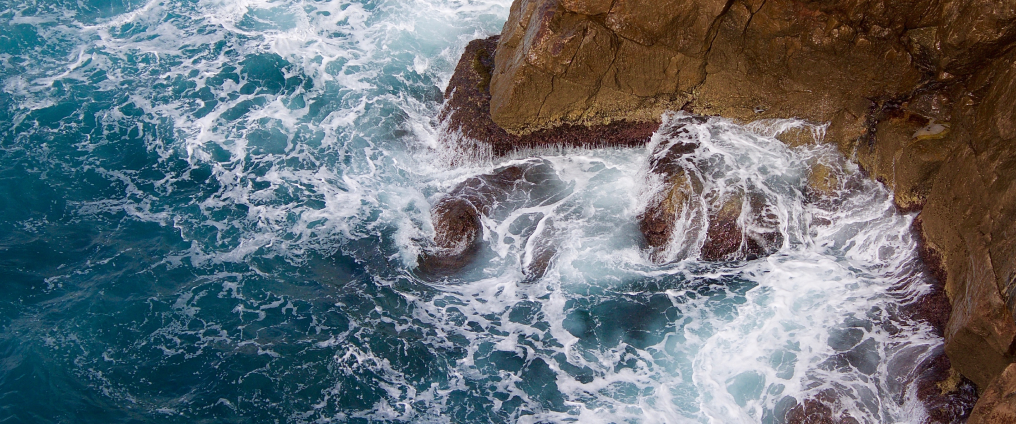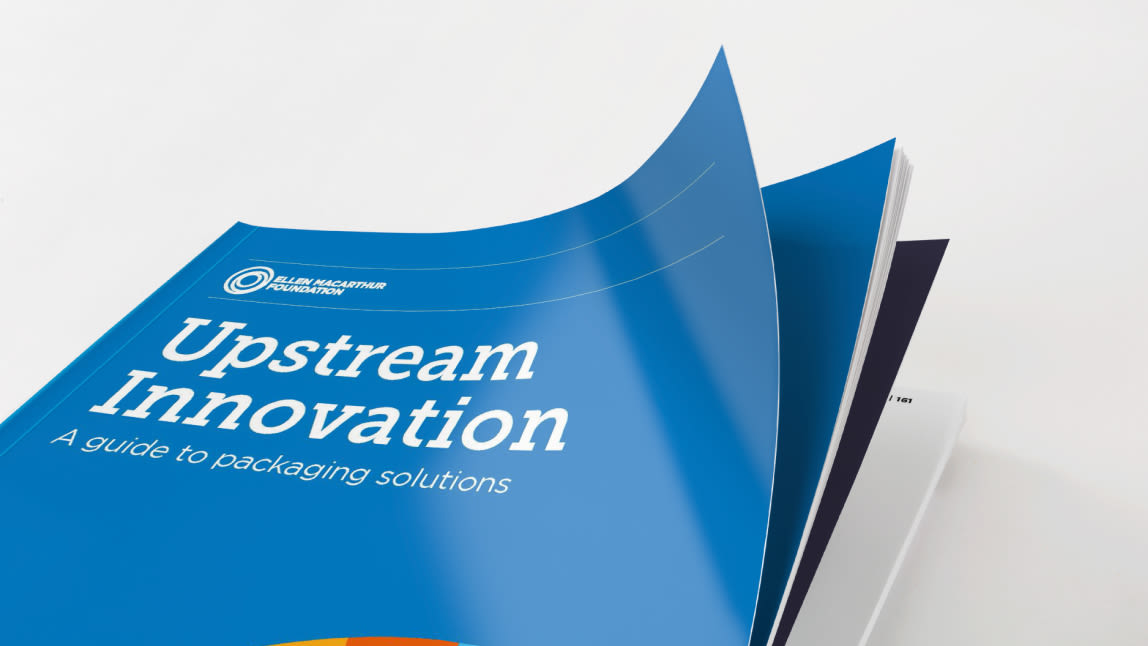The tourism sector can help preserve and protect the places and wildlife that make destinations worth visiting by taking serious, coordinated action on plastic pollution.
Tourism companies and destinations have been making great strides towards reducing their environmental impact and operating in harmony with nature. Yet the problem of plastic pollution in tourism is too big for any single organisation to fix on its own. To match the scale of the problem, changes need to take place across the whole tourism value chain.
The Global Tourism Plastics Initiative brings together businesses, governments and other tourism stakeholders to stop plastic ending up as pollution, and reduce the amount of new plastic that is produced in the first place.
How to join
Businesses, destinations, associations and NGOs can become signatories of the Initiative. Find out more and join the initiative here.
About the initiative
The Global Tourism Plastics Initiative was launched in January 2020 by the United Nations Environment Programme and the World Tourism Organization in collaboration with our New Plastics Economy team.
The initiative acts as the tourism sector interface of the Foundation’s and UNEP’s New Plastics Economy Global Commitment, implementing its vision, framework, and definitions for a circular economycircular economyA systems solution framework that tackles global challenges like climate change, biodiversity loss, waste, and pollution. It is based on three principles, driven by design: eliminate waste and pollution, circulate products and materials (at their highest value), and regenerate nature. for plastic.
It requires tourism organisations to make a set of concrete and actionable commitments by 2025.
Eliminate problematic or unnecessary plastic packaging and items.
Take action to move from single-use to reusereuseThe repeated use of a product or component for its intended purpose without significant modification. models or reusable alternatives
(Engage the value chain to) move towards 100% of plastic packaging to be reusable, recyclable or compostable.
Take action to increase the amount of recycled content across all plastic packaging and items used.
Collaborate and invest to increase the recycling and compostingcompostingMicrobial breakdown of organic matter in the presence of oxygen. rates for plastics.
Report publicly and annually on progress made towards these targets.
To date, more than 60 tourism organisations have become official signatories, including global companies Accor, Club Med, Iberostar Group, and Melco Resorts. Their commitments lead the way for many more to follow, ensuring transparency and continuous support towards a circular economy for plastic - in which it stays in the economy and out of the environment.
Covid-19 recovery
With tourism one of the economic sectors hardest hit by the COVID-19 pandemic, new UN recommendations were published in July 2020, advising the tourism industry to safely build back better, while continuing the fight against plastic pollution.
The recommendations are devised to support tourism stakeholders in fighting plastic pollution during the COVID-19 recovery, illustrating how they can significantly contribute by:
reducing their plastic footprint
increasing engagement with suppliers
working more closely with waste service providers
ensuring transparency on actions taken
Learn more about the initiative and sign up here.





